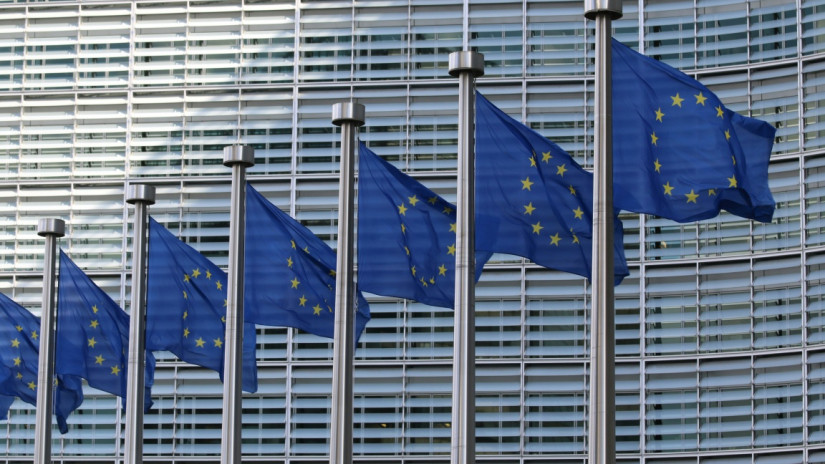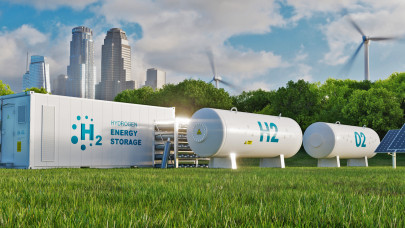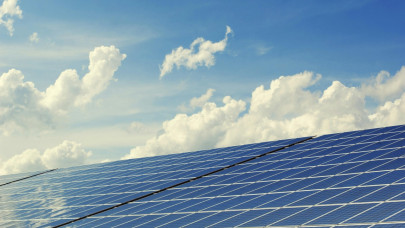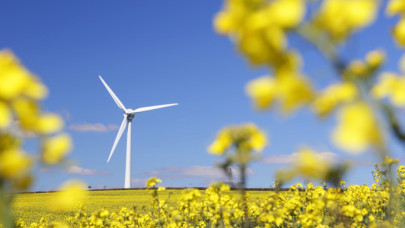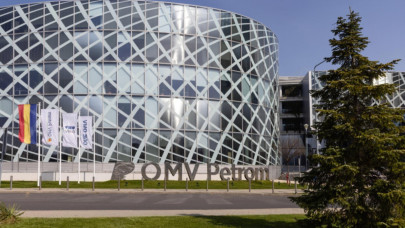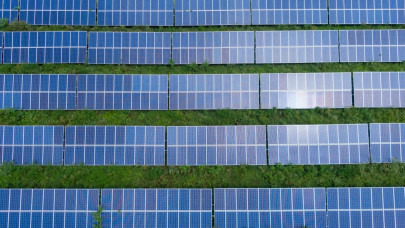These measures aim to enhance the implementation of the EU framework for renewable energy, fostering favorable conditions for the swift adoption of locally sourced renewable energy. By stimulating demand for European-manufactured clean technologies, this initiative will fortify industrial competitiveness, bolster energy system resilience, and advance the European Green Deal objectives.
In the updated Recommendation on expediting permit-granting procedures and its associated guidance, the Commission underscores avenues for enhancing planning and permitting processes for renewable energy and associated infrastructure projects within the EU. The revised permitting guidance offers examples of efficient permit-granting procedures, emphasizes digitalization and community involvement, underscores the significance of human resources and skills, and delineates optimal approaches to site selection procedures and network connections.
Additionally, the Commission has issued further guidance on designating renewables acceleration areas. These areas, under the revised Renewable Energy Directive, are zones where the deployment of renewable energy projects is expected to have minimal environmental impact, thus allowing expedited procedures for specific technologies. Crucial considerations for selecting such areas include access to digital planning and mapping tools, data on renewable energy capacity, and potential environmental impacts. The Commission's guidance also underscores the importance of stakeholder engagement and public consultation to facilitate the successful designation of these acceleration areas.
Auctions are pivotal in the proliferation of renewable energy and, when appropriately designed, can support the steady and sustainable growth of the EU economy. By delineating standard elements for auction design, the Commission's recommendation and guidance aim to harmonize and streamline these procedures, aligning with the Net-Zero Industry Act objectives. These measures will aid Member States in designing auctions that prioritize objectives such as quality, resilience, and environmental sustainability. By incorporating non-price criteria, projects with higher value-added components will be incentivized, nurturing Europe's net-zero technology manufacturing ecosystem and ensuring timely project realization. This approach will ensure that the transition to clean energy aligns with the development of a robust industrial base in Europe.
To further enhance investor visibility and predictability across the renewables value chain, the Commission has updated the Union Renewables Development Platform. This online system will serve as a centralized repository where Member States will publish essential information about their auction schedules, including timing, frequency, capacity, budget, and eligible technologies, as mandated by the Renewable Energy Directive. The Platform will offer companies a comprehensive overview of all planned renewable energy auctions across the EU.
Renewable energy stands as a cornerstone of the EU's strategy to achieve climate neutrality by 2050, playing a pivotal role in both the European Green Deal and the REPowerEU Plan aimed at phasing out Russian fossil fuel imports. With the revised Renewable Energy Directive, the EU targets a 45% share of renewable energy by 2030, with a binding minimum target of 42.5%. Various EU budgetary and policy instruments, including the REPowerEU chapters of National Recovery and Resilience Plans and the revised TEN-E Regulation, support the acceleration of renewables by facilitating cross-border clean energy projects.
In transitioning to a net-zero economy, the EU's competitiveness hinges on its ability to develop and manufacture clean technologies domestically. To fortify the EU's industrial capacity, the Commission presented the Green Deal Industrial Plan, proposing initiatives such as the Net-Zero Industry Act and the Critical Raw Materials Act. Specific measures have also been introduced to bolster competitiveness in renewables, including the European Wind Power Action Plan, European Wind Charter, and European Solar Charter.

